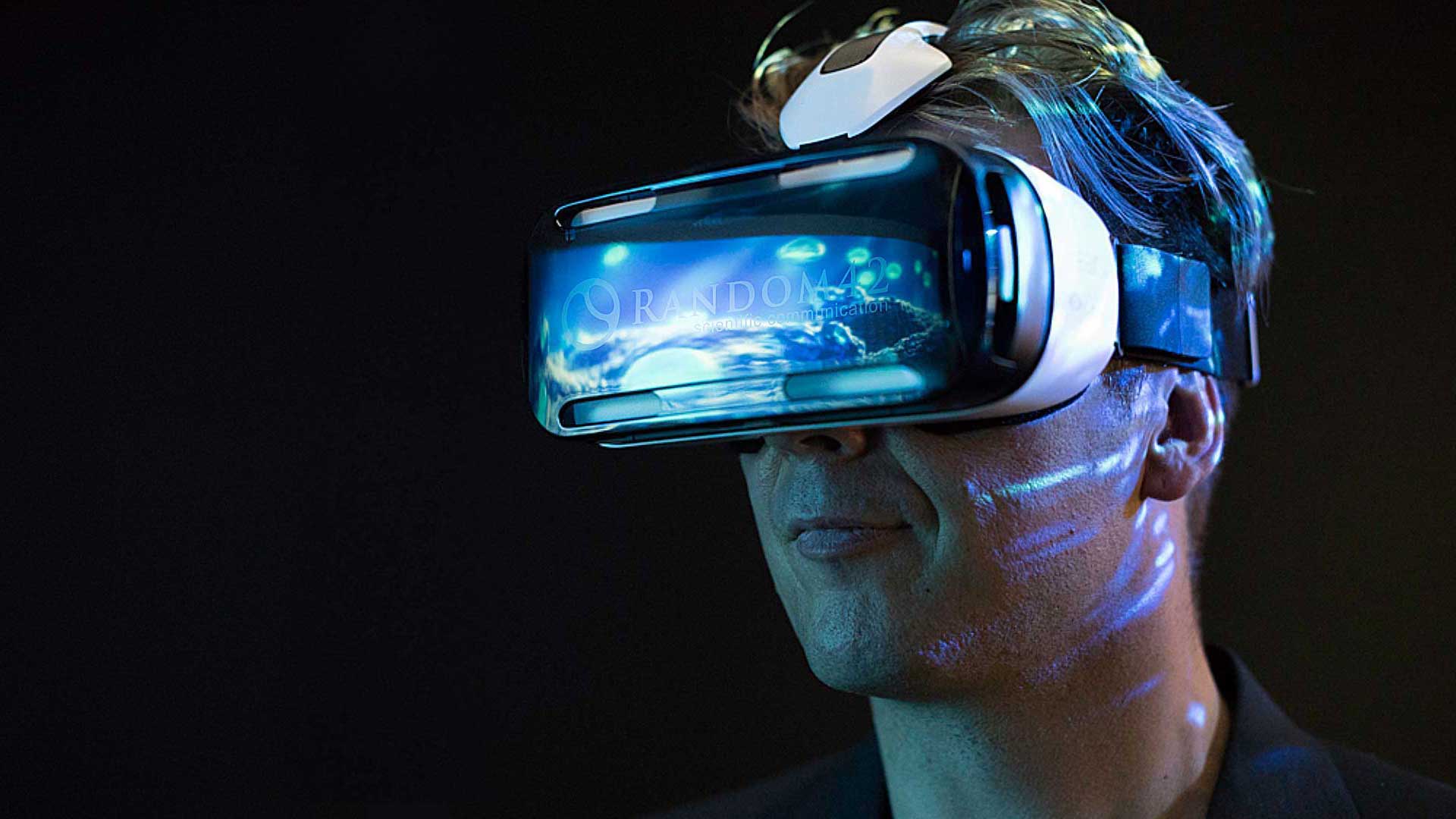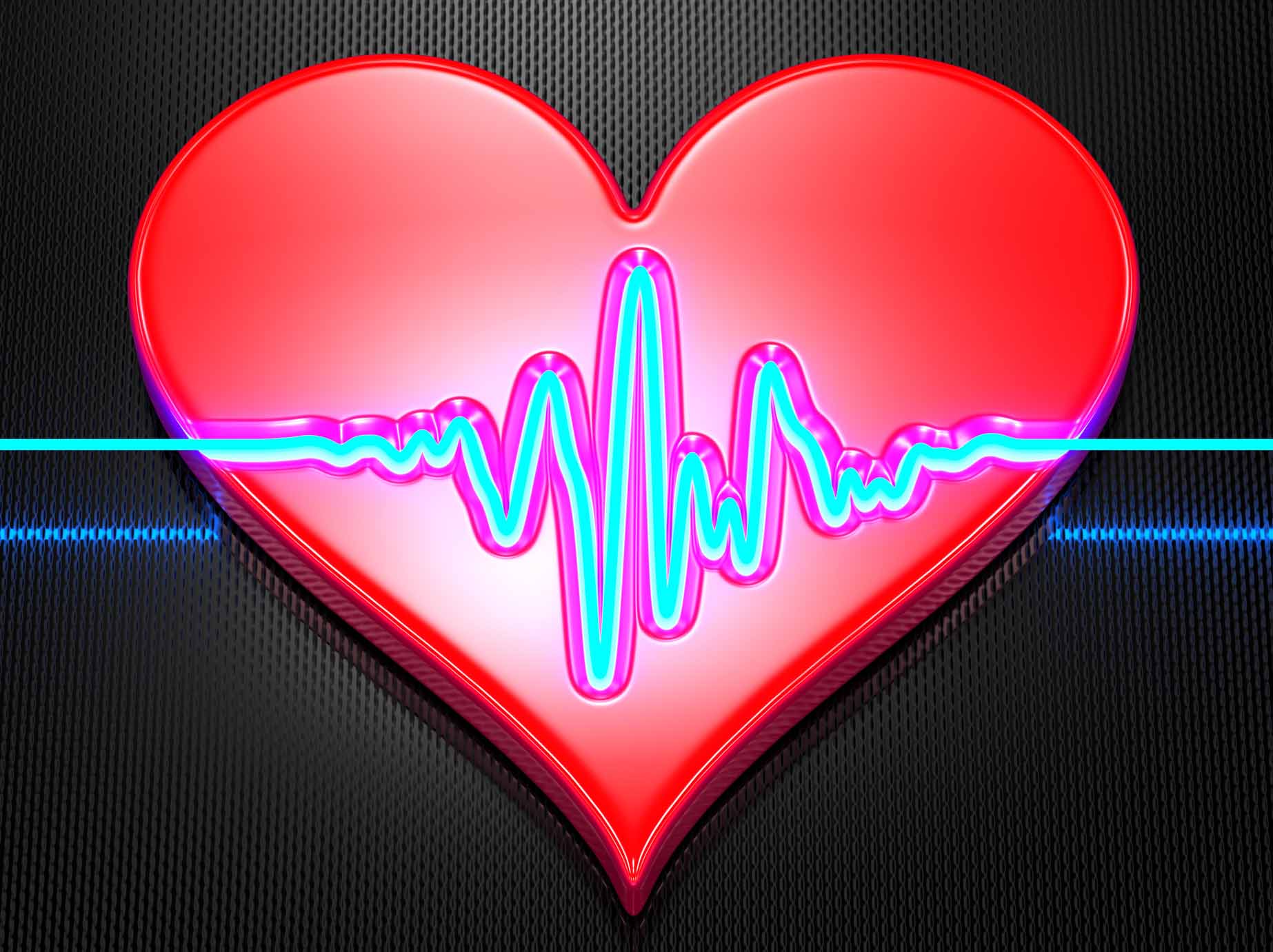Having only been around for the last five years, virtual reality is still thought of as a vaguely new concept to most. However, virtual reality is changing the way we live our lives and the way our healthcare systems operate. Below we will explore the many ways in which virtual reality has helped the healthcare industry advance.
Virtual reality has come a long way and we have seen significant improvements and strides in terms of hardware and software. What started as science fiction is now science fact, and virtual reality is fast becoming one of the most exciting advancements the healthcare industry has ever witnessed.
Let’s take a look at some ways the science of virtual reality is changing the field of healthcare for the better. Though certainly not an exhaustive list, below are three significant ways in which virtual reality has left its mark on our healthcare systems.
1. Scientific Virtual Reality and Medical Storytelling
Scientific communications companies, such as (Random42), continue to widen the scope of how virtual reality can be used for scientific storytelling and drug visualization. This forms the foundation of marketing campaigns for pharmaceutical companies, ranging from small pharma and biotech companies to huge global pharmaceutical giants.
The advancements in Virtual reality has really enhanced the scientific experience With virtual reality, users feel they are they are in the scene, watching red blood cells float alongside them or following a signaling pathway into the nucleus.
This means virtual reality offers a platform where the biological process can be easily understood by everyone sitting at the table whether that be a scientist, businessman, student or investor.
2. Scientific Virtual Reality In Improving Patient Education and Wellbeing
Patient education
Virtual reality has been used to improve patient education and understanding. Patient education ensures that patients are well-informed about their own health. This could mean teaching them about the side-effects of their condition, discussing their diagnosis, going through possible treatment options or looking at ways to prevent their condition from deteriorating.
A higher level of understanding could help reduce a patient’s anxiety and could also build trust between patient and care provider. What’s more, an increased understanding puts patients in a better position to make informed decisions regarding their healthcare.
Processing pain
Medical VR has also been linked to helping prevent the brain from processing pain. The software uses immersive VR technology offering motion and visual based experiences that help in fixing brain discordance. A revolutionary move for pain relief and self-management that offers a simple yet effective non-pharmacological solution.
Related story: Is Virtual Reality a Pain Management Alternative?
Treating mental health
There have also been many benefits of virtual reality found in treating mental health, anxiety disorders and phobias. Exposure therapy is a really popular method among practitioners to regulate therapy for patients. The launch of mobile VR headsets, including the Gear VR, presents an opportunity to use VR for mental health treatment, where it may have a major role to play.
Related story: How Virtual Reality is Improving Care for Mental Health Disorders
3. Scientific Virtual Reality Has Improved Medical Education and Training
One of the first things that comes to mind when thinking about virtual reality and medical interaction is education and training. For any medical student or trainee trying to understand human anatomy, virtual reality is immensely important and hugely beneficial.
One of the breakthroughs for students of medicine has been the virtual reality “Visible Human” database, created by the University Of Colorado School Of Medicine. Scientists are currently working on the ability to depict organ movements, among other things, by using different virtual reality dynamic models.
In a sense, virtual reality in science adds another dimension when it comes to education in healthcare. The human body is a fantastic and complex work of engineering. Though doctors know a lot about the human body, there is still a lot yet to learn. Virtual reality is aiding doctors in that exploration.
Take away
What we have mentioned and explored above is by no means an exhaustive list when it comes to how scientific virtual reality is changing healthcare. In fact, we have only scratched the surface.
Much like the discovery of penicillin and the advancement of MRI machines, the advancement of virtual reality represents an exciting and momentous era for healthcare and patients alike. Medical professionals around the globe are watching with interest to see how this new field will change medicine in the years to come.
This post, originally published on 1/10/19, has been reviewed and revised by the author.
Ben Ramsbottom, B.Sc., Ph.D
Website:
https://random42.com
Ben Ramsbottom is a Ph.D. molecular and cell biologist with experience both within the pharmaceutical industry and within the publishing industry that serves it. As the CEO at (Random42), Ben has overseen strong growth within the company over the last five years, making the company the global leader in medical animation, virtual reality as well other digital assets for the pharmaceutical industry.
Comments:
Leave a Reply
Comment will held for moderation









Thank you for the article! Nowadays VR became an integral part of modern healthcare life. It has already been employed for diagnostics, treatment planning, training of future surgeons and dentists, and a variety of healthcare software solutions. Moreover, it is used for the treatment of severe conditions such as phobias, autism, depression, addictions, and PTSD.